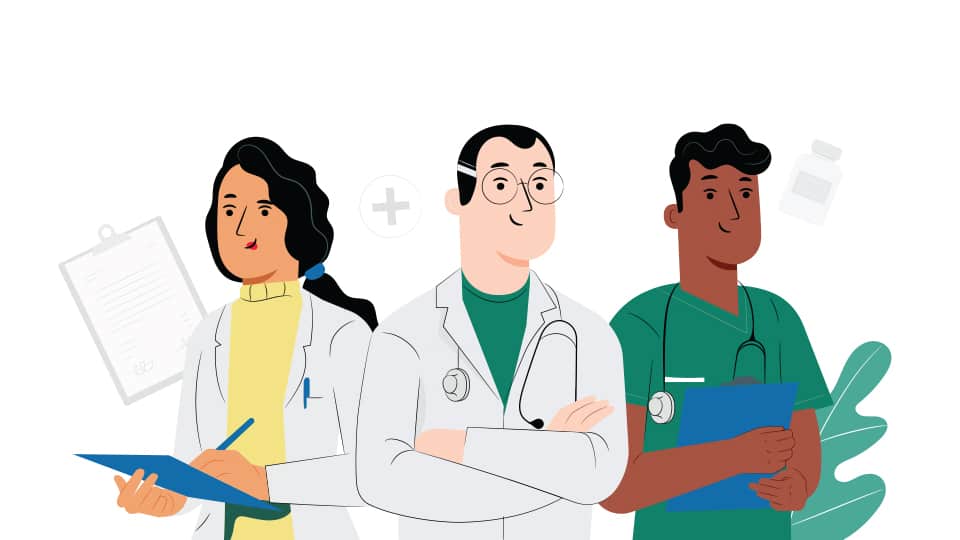Back Pain

Question:
My back aches quite badly. Even straightening up after bending forward will cause me great pain. My doctor said that it might be my posture problem. Can it be that simple?
Answer:
Back pain in 19 out of 20 people can be linked to the way the joints, ligaments and muscles of the back work together. This is called simple back pain. The pain can begin suddenly but can also come on gradually due to strain over time.
Simple back pain is most common in adults aged 35 to 55 who are otherwise healthy. The pain is often in the lower back and may also spread to the buttocks and thighs. It will come and go at different times, and depending on your level of activity.
Triggers for simple back pain include:
- Poor posture
- Standing or bending down for long periods
- Sitting in a chair that doesn’t provide enough back support
- Lifting, carrying, pushing or pulling loads that are simply too heavy, or going about these tasks in the wrong way
- A trip or a fall
Nine out of 10 people with simple back pain will have complete recovery in six weeks. However, your back pain seems to be rather persistent and appears to be precipitated by normal daily activities. This could be due to lumbar degenerative disc disease.
Degenerative disc disease refers to a syndrome in which a compromised disc causes low back pain. The disease usually starts with a twisting injury to the lower back, such as when a person rotates to put something on a shelf or sporting activities like swinging a golf club or skiing. However, the disease is also frequently caused by simple wear and tear on the spine.
It is estimated that at least 30 per cent of people aged 30 – 50 years old will have some degree of disc space degeneration, although not all will have pain.
Most patients with lumbar degenerative disc disease will experience low-grade continuous but tolerable pain that will occasionally flare (intensify) for a few days or more. Pain symptoms can vary, but generally are:
- Centered on the lower back, although it can radiate to the hips and legs
- Frequently worse when sitting, when the discs experience a heavier load than when patients are standing, walking or even laying down
- Exacerbated by certain movements, particularly bending, twisting or lifting.



